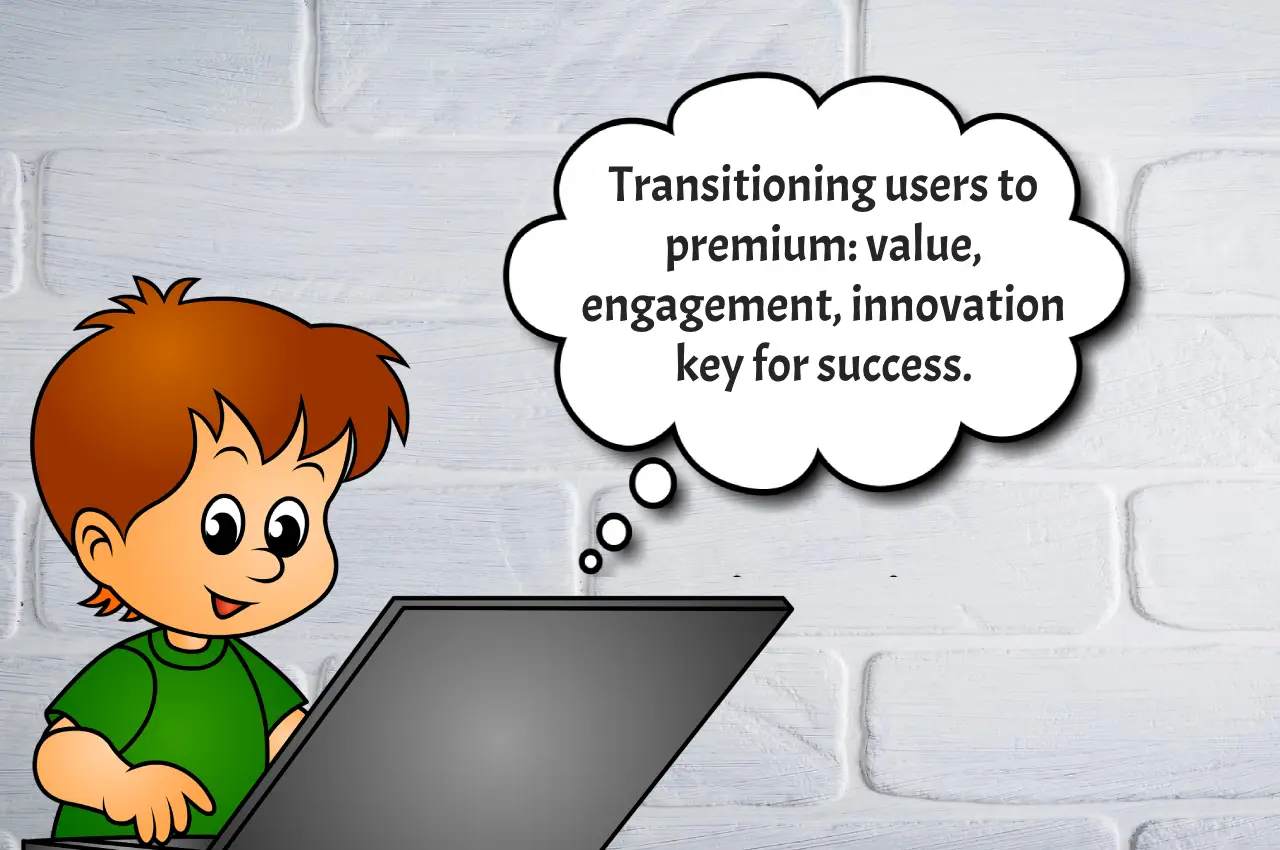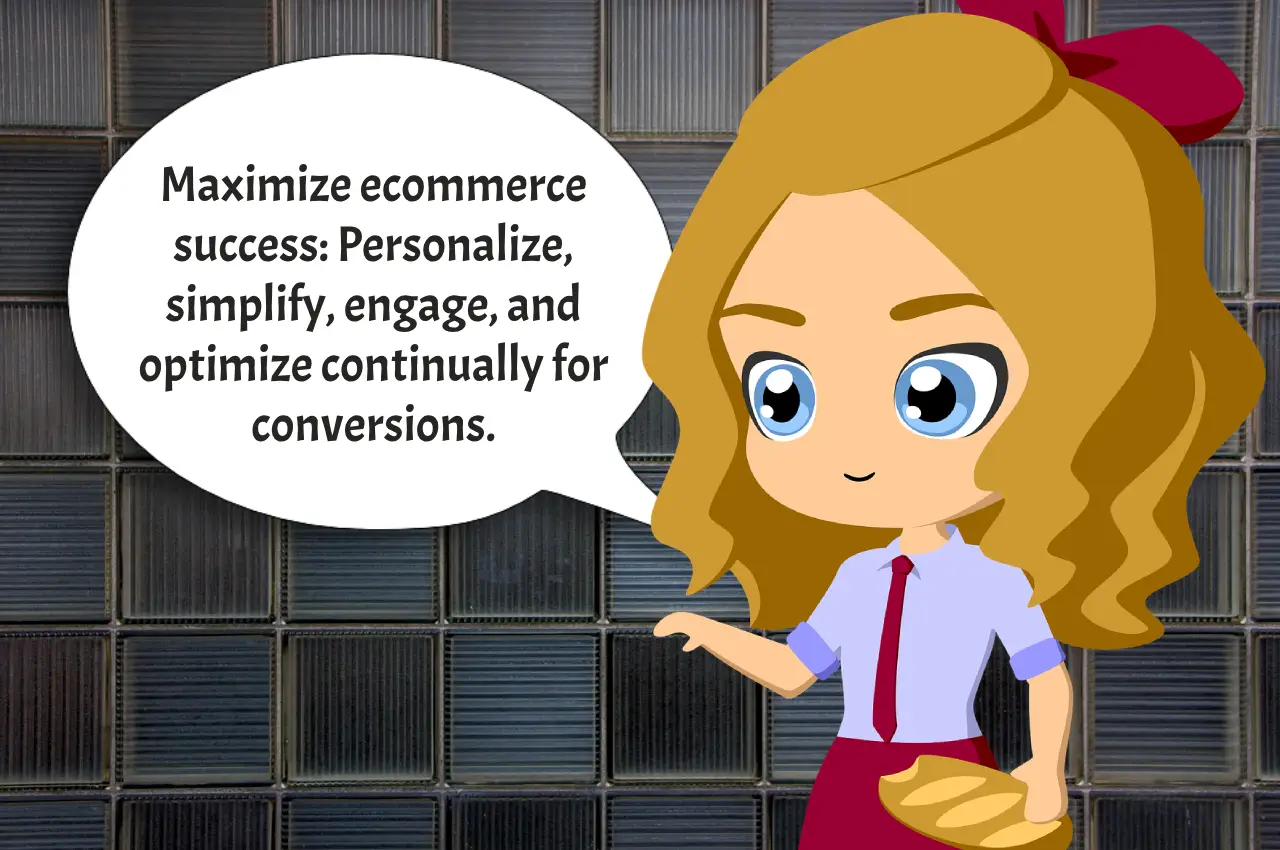In today’s dynamic digital landscape, the key to successful marketing lies in understanding and harnessing the power of data. It’s more than just numbers; it’s about unraveling the stories woven within the data fabric. This blog post takes you on a journey of data-driven marketing strategy, ensuring it becomes the driving force behind your decisions.
Laying the Groundwork: Crafting a Data-Driven Marketing Team
Embarking on the path to a data-driven culture starts with your team. Prioritize hiring individuals who not only understand data but also possess curiosity and creativity. The synergy of skills and diverse backgrounds fosters a comprehensive approach to data. Remember, a data scientist with marketing acumen is a far more valuable asset than one confined to numbers.
Tools of the Trade: Selecting the Right Arsenal
Amidst a plethora of analytics tools, choosing the right ones is paramount. Resist the allure of fancy features that may never be utilized. Opt for tools aligning with your specific goals. For instance, a small business might find Google Analytics fitting for its simplicity and cost-effectiveness, while larger enterprises might lean towards more advanced solutions like Adobe Analytics.
Quality Over Quantity: The Data Integrity Imperative
In the realm of data, quality reigns supreme over quantity. Ensure your data is not only abundant but accurate, relevant, and timely. Take a cue from a burgeoning e-commerce store that learned this lesson the hard way. Prioritizing quantity over quality led to misleading insights. A cleanup of their data resulted in a 30% surge in sales.
Crafting Narratives: Going Beyond the Numbers
Data is not a mere assortment of numbers; it’s a narrative waiting to be told. Your ability to weave a compelling story from data sets you apart. Rather than just presenting a graph indicating increased website traffic, elucidate on how it impacts customer engagement and sales. This approach renders data relatable and actionable.
Integration Triumphs: Forging a Single Source of Truth
Data scattered across platforms can lead to misinformation. Strive for an integrated system where all data sources converge into a central dashboard. This consolidation facilitates more informed and prompt decision-making. A unified view also ensures consistency in interpreting data across diverse departments.
Lifelong Learning: Embracing Evolution
The digital landscape is in constant flux. Regularly update your skills and tools to stay ahead of the curve. Encourage your team to partake in webinars, workshops, and courses. A culture of continuous learning ensures your data-driven marketing strategies evolve in tandem with changing trends.
Ethical Compass: Navigating Data Privacy
With great data comes great responsibility. Adhere strictly to data privacy laws and ethical guidelines. Respect customer privacy and utilize data responsibly. A breach in data ethics not only invites legal repercussions but also jeopardizes brand reputation.
Metrics that Matter: Choosing Relevant KPIs
Key Performance Indicators (KPIs) are the yardsticks of success. Choose KPIs aligned with your business goals. If brand awareness is the target, focus on metrics like social media reach and website traffic, rather than fixating solely on sales figures.
Failures as Feedback: Analytics as a Learning Tool
Not every strategy will yield success, and that’s acceptable. Use analytics as a feedback tool. Learn from failures and adapt. Each setback is a stepping stone towards a more refined and effective strategy.
The Human Touch: Balancing Data and Intuition
While data is indispensable, don’t dismiss intuition. Sometimes, the most profound insights stem from a marketer’s experience and gut feeling. Striking a balance between data-driven insights and human creativity ensures optimal results.
Community Cultivation: Fostering Engagement
Engage with your audience. Use data to comprehend their preferences and tailor your content accordingly. This approach not only enhances customer experience but also builds a loyal community around your brand.
Inviting Your Stories
We’ve delved into the intricacies of creating a data-driven culture in marketing. Now, it’s your turn to share. How have you seamlessly integrated data into your marketing strategies? What challenges have you encountered, and how did you overcome them? Share your insights and experiences in the comments below. Let’s foster a community of learning and growth in this exhilarating journey of data-driven marketing.





